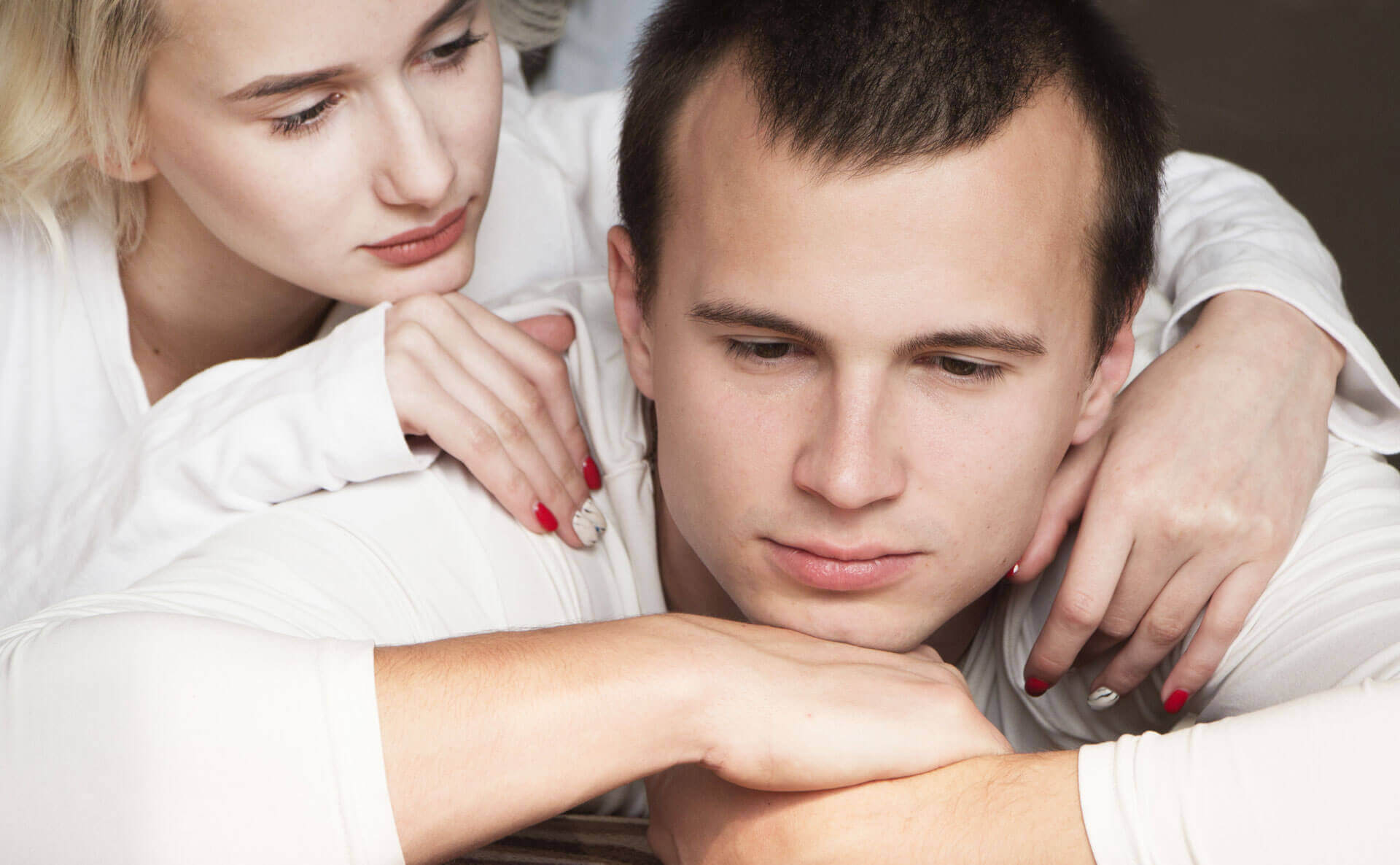
People will often find that they repeat patterns that are unhealthy in life such as habits, addictions or even relationships. When you look at the idea of codependency, you know that this is one personality trait that is dysfunctional, and it can cause you not to have boundaries and to be in bad relationships.
When you think of couples that are unhappy, you will know that there are adults that look for these kind of relationships and they stick together sometimes for other people, as well, such as children or finances or because they are afraid of being alone. The bigger issues are that people know that they don’t deserve to be mistreated and this can be clear in codependent relationships.
Signs
There are some signs of codependency and this can be nurturing or control or doing behaviors that are unhealthy or things such as narcissism. Even things such as alcoholism that the wife or husband allows or enables can be part of this.
Codependent individuals will share the bad behaviors and will both stay in these relationships even though the behavior can be unhealthy and hurtful to others. This is what a codependent relationship looks like.
Behaviors that are happening can be one partner in control of the situation and making it seem that they are powerful, and they are in charge of their partner. When there is a conflict or argument, the one always overtakes because the other becomes weak and passive.
Here are some things you can ask to know if you are in a codependent relationship:
- What is the purpose in this relationship?
- Do I only worry about my partner’s needs?
- Do I allow my problems or my partner’s problems to be covered up with drugs, alcohol or other things?
- Do I worry what people think of me?
- Am I stuck in the relationship?
- Am I afraid to say anything because it will lead to an argument?
Codependency
Codependency happens because people become caregivers and are vulnerable to life. This is an emotional situation where people want to survive, and they learn to allow others to come in their life to make things work.
This can be a caretaker with a child or a partner relationship. People that are in dysfunctional relationships tend to not admit that there is a problem and they hide their emotions which leads to resentment when their needs are being put on the back burner.
One behavior is that the partner will lash out or put you down and they will not be able to control how they act. They might want to control you, or you might be the one that is controlling and bossy. When you realize that your partner is not controllable, it can cause depression and anxiety.
Recovering
There are ways that you can get treatment for codependent relationships. This is part of exploring your childhood and seeing what happened to cause these behaviors. This can help you get in touch with your feelings and the negative things that you refused to face.
Psychotherapy is important and you need to choose a therapist that can help you and can discuss common personality traits such as:
- Nurturing your ow n needs.
- Getting out of abusive relationships.
- Responding instead of acting on things.
- Setting boundaries.
- Allow others to have an opinion but don’t base your life on it.
Conclusion
Once you recover from a codependent relationship, you will no longer feel that you need to stay in this relationship, and you can find happiness that you deserve. If you make the decision to walk away, do it with pride and dignity.